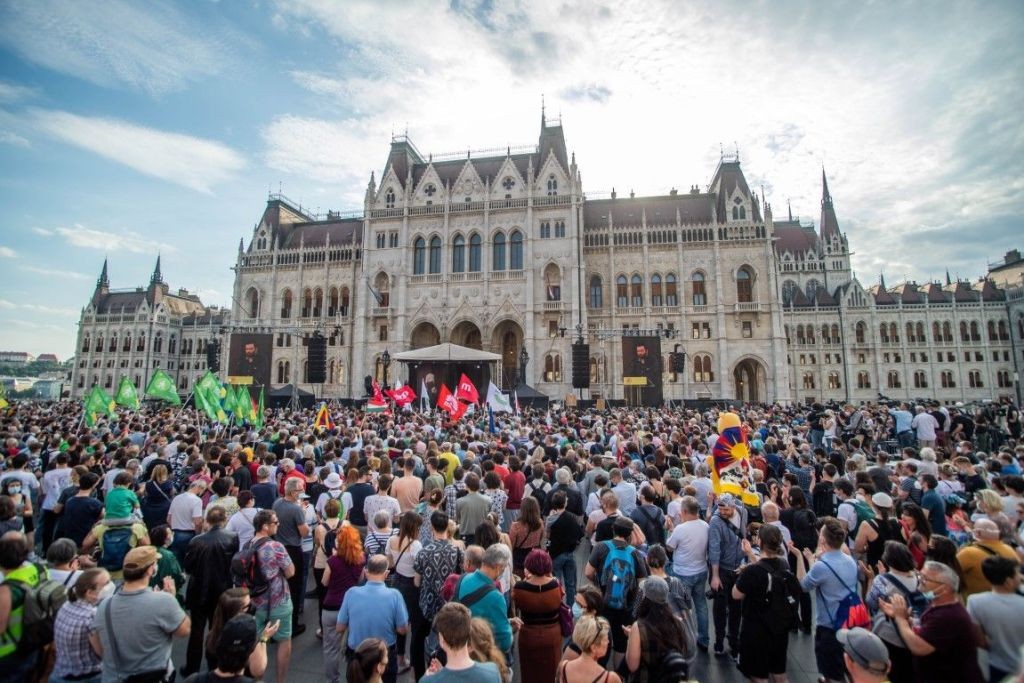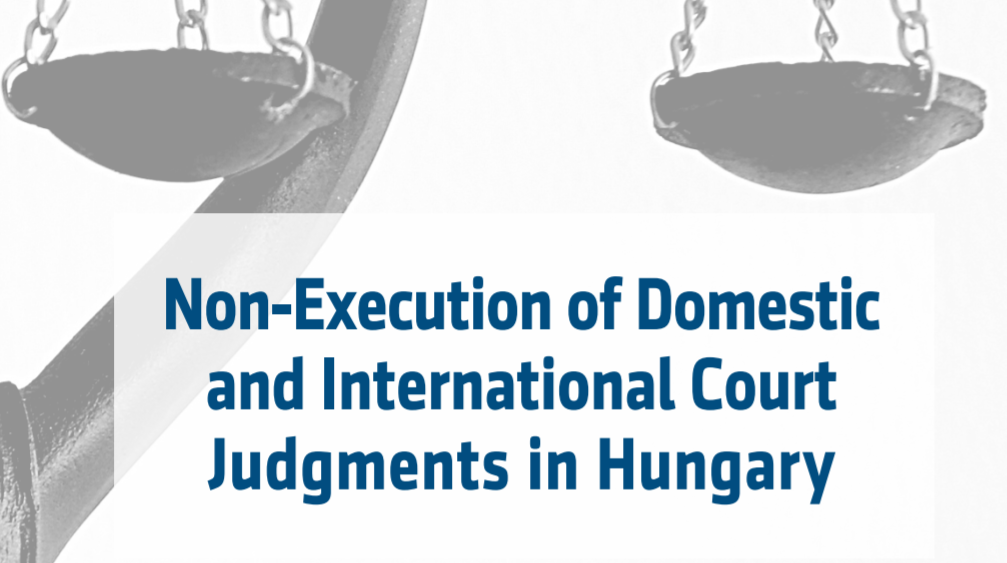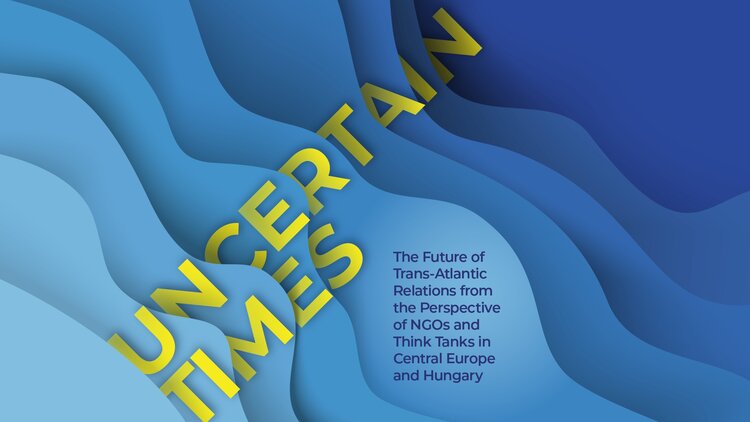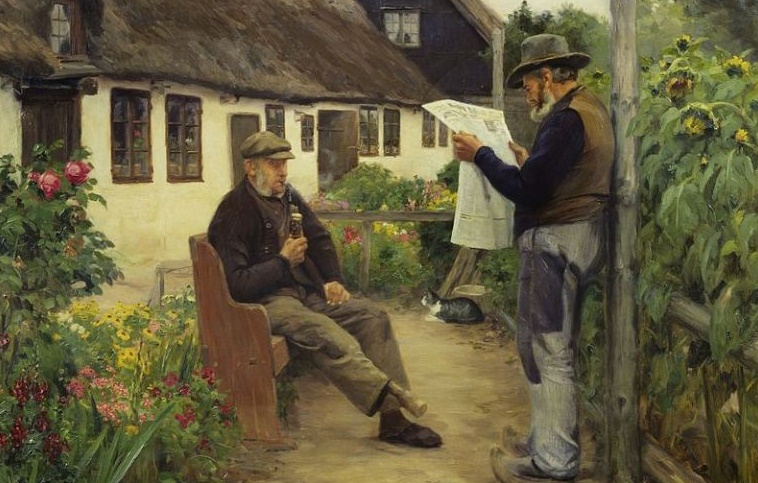
Together against Orbán
BY
Andrea Virag, Republikon Institute AND Friedrich Naumann Foundation for Freedom / January 21, 2022
The Hungarian opposition joined its forces by sending a common candidate into the spring race to become Hungary\'s next prime minister: Péter Márki-Zay. Only a joint program is missing. Be it as it may, the outlook is promising.



![Finish Line: Forecasting 2022 Hungarian Elections [CONFERENCE REPORT] Finish Line: Forecasting 2022 Hungarian Elections [CONFERENCE REPORT]](http://4liberty.eu/phidroav/2021/11/vote-elections-1024x601.jpg)






